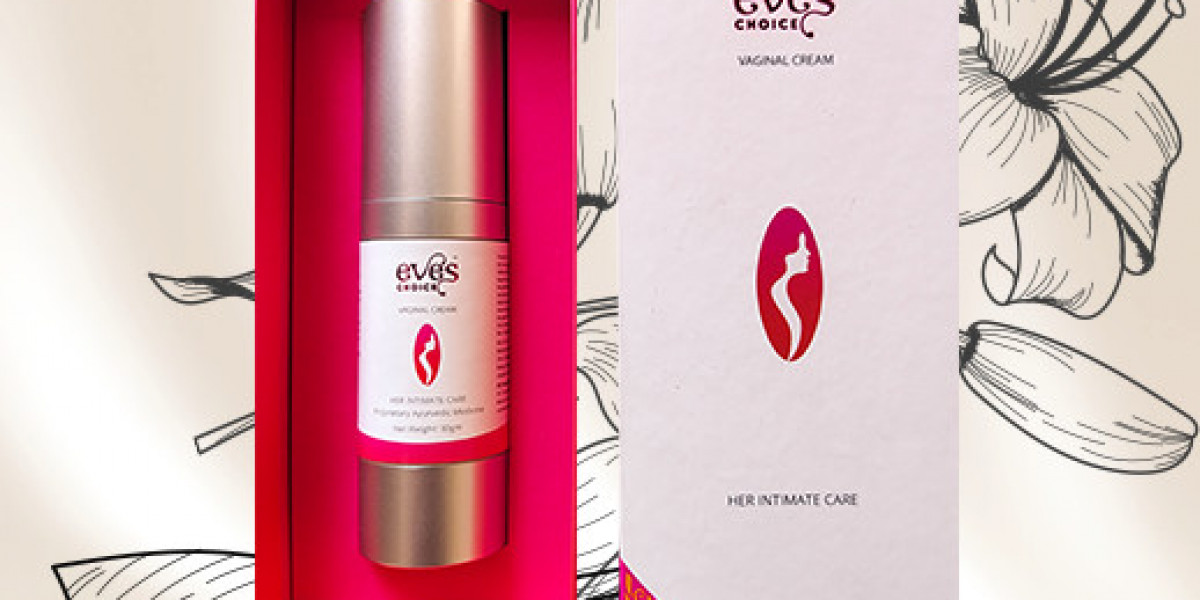Causes of Vaginal Dryness
Vaginal dryness occurs when the tissues of the vaginal lining are not well-lubricated. Several factors can contribute to this condition:
Hormonal Changes: Reduced estrogen levels during menopause, postpartum, or due to certain medical treatments (like chemotherapy) can decrease natural lubrication.
Medications: Some antihistamines, antidepressants, and birth control pills can lead to dryness as a side effect.
Medical Conditions: Autoimmune disorders such as Sjogren's syndrome can reduce moisture in the body, including vaginal lubrication.
Stress and Anxiety: Psychological factors can affect the body's ability to produce natural lubrication.
Smoking: Tobacco use can affect blood circulation, leading to vaginal dryness.
Benefits of Using Vaginal Dryness Creams
Vaginal dryness creams are specifically formulated to provide moisture and soothe the vaginal area. They offer several benefits:
Immediate Relief: These creams provide quick relief from dryness, itching, and discomfort.
Improved Comfort During Intercourse: By enhancing lubrication, these products can reduce pain and increase comfort during sexual activity.
Enhanced Tissue Health: Some creams contain ingredients that promote the health of vaginal tissues, helping to restore natural moisture levels.
Hormonal and Non-Hormonal Options: Depending on individual needs and preferences, women can choose between hormonal creams (which often contain estrogen) and non-hormonal creams.
Choosing the Right Cream for Vaginal Dryness
When selecting a cream for vaginal dryness, consider the following factors to find the best product for your needs:
Ingredients: Look for creams with hydrating ingredients such as hyaluronic acid, vitamin E, and aloe vera. Avoid products with fragrances and harsh chemicals that can cause irritation.
Hormonal vs. Non-Hormonal: Hormonal creams, containing estrogen, can be very effective but may not be suitable for everyone, particularly women with a history of certain cancers. Non-hormonal options are available for those who prefer them or cannot use hormonal treatments.
Application Method: Some creams come with applicators for easy internal use, while others are designed for external application only. Choose based on your comfort and the severity of dryness.
Consultation with a Healthcare Provider: Before starting any new treatment, it's important to discuss it with a healthcare professional, especially if you have underlying health conditions or are taking other medications.
Popular Creams for Vaginal Dryness
Here are some well-regarded products that can help manage vaginal dryness:
Replens Long-Lasting Vaginal Moisturizer: A non-hormonal option that provides extended moisture and helps to restore the natural pH balance.
Premarin Vaginal Cream: A prescription hormonal cream that contains estrogen, often prescribed for menopausal women to alleviate dryness and improve tissue health.
Vagisil ProHydrate: Contains hyaluronic acid and provides immediate hydration. It's a non-hormonal, over-the-counter option.
Luvena Enhanced Personal Lubricant: Another non-hormonal choice that contains natural moisturizers and is pH balanced for vaginal health.
Conclusion
Vaginal dryness is a common but manageable condition. By understanding the causes and exploring effective treatments such as vaginal dryness creams, women can find relief and improve their quality of life. Whether you opt for a hormonal or non-hormonal cream, it's crucial to choose a product that aligns with your individual needs and to consult with a healthcare provider for personalized advice.







